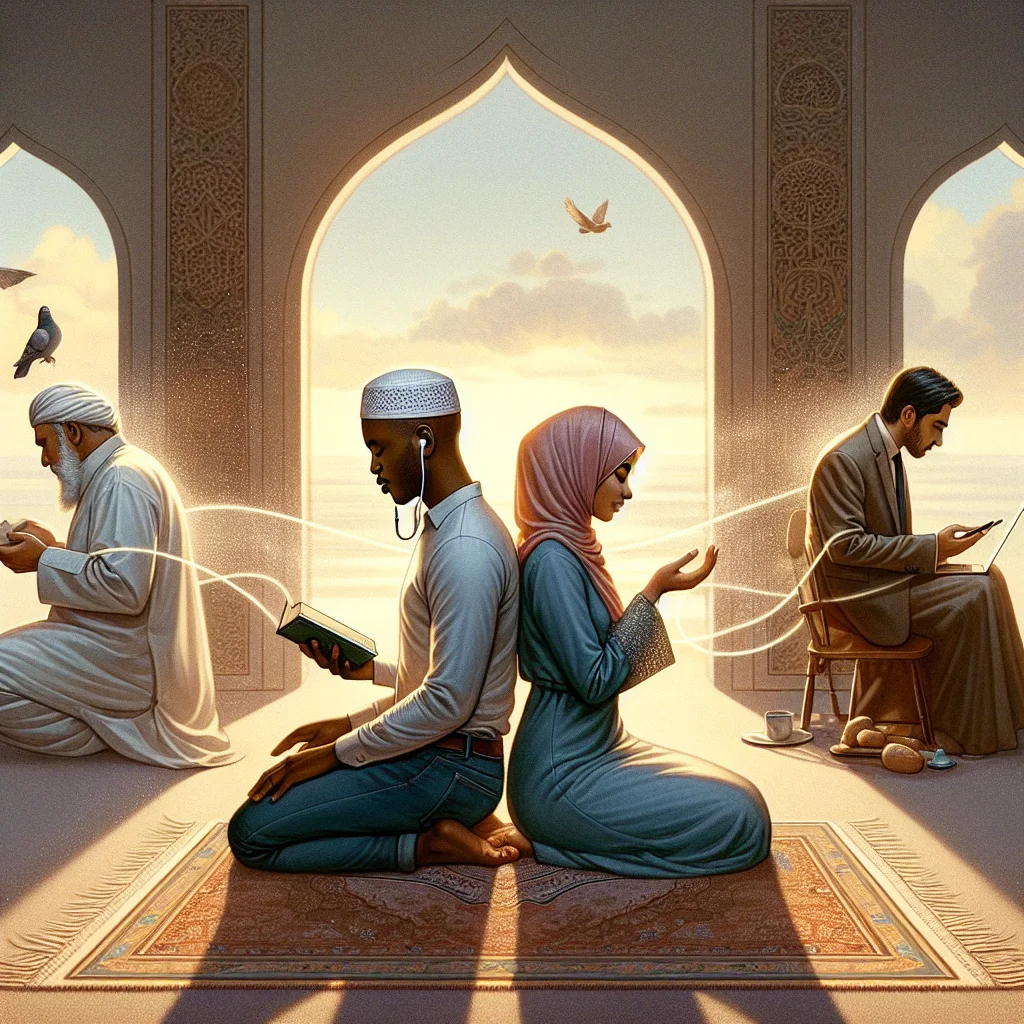Embracing Modernity: Navigating Interfaith Relationships in Islam
As the world becomes increasingly interconnected and diverse, the issue of interfaith relationships has become a reality that many Muslims are grappling with. In Islam, the concept of marriage is highly regarded, and finding a compatible partner is considered essential for a fulfilling and lasting relationship. However, when it comes to interfaith relationships, many questions and challenges arise.
Islam teaches us to respect people of all faiths and to treat them with kindness and compassion. However, when it comes to marriage, there are certain guidelines that need to be followed. The Quran clearly states that Muslims should marry believers, as in Surah Al-Baqarah: "Do not marry unbelieving women until they believe. A slave woman who believes is better than an unbelieving woman, even though she allures you." (2:221)
It is important for Muslims to understand the implications of being in a relationship with someone from a different faith. While it is not forbidden in Islam to marry a Christian or Jewish person (people of the book), there are certain conditions that need to be met. Both partners need to respect each other's beliefs and be supportive of each other's faith practices. Communication, mutual understanding, and a strong foundation of shared values are crucial in making an interfaith relationship work.
In modern times, the dynamics of relationships have evolved, and many Muslims find themselves in interfaith relationships. It is essential for couples to have open and honest conversations about their beliefs, practices, and expectations. Finding common ground and mutual respect is key to navigating the complexities of an interfaith relationship.
One of the most important aspects of interfaith relationships in Islam is the upbringing of children. It is crucial for parents to have a clear plan on how they will raise their children in terms of religion and cultural practices. Children from interfaith marriages should be given the opportunity to learn about both parents' faiths and make informed decisions about their religious identity.
In Islam, marriage is not only a union between two individuals but also a commitment to building a family based on love, respect, and mutual understanding. Interfaith relationships, when approached with sincerity and a willingness to compromise, can be a source of enrichment and growth for both partners.
As Muslims living in a diverse and multicultural society, it is our responsibility to embrace modernity while staying true to our Islamic values and principles. Interfaith relationships, if approached with love, respect, and understanding, can be a means of promoting harmony and unity in our communities.
In conclusion, navigating interfaith relationships in Islam requires patience, strong communication, and a deep understanding of one's beliefs. By upholding the teachings of Islam and embracing the values of respect and compassion, Muslims can build successful and harmonious relationships with people of different faiths.
To find a righteous partner, install the Good Spouse app: http://goodspouse.com/go/en.
Install the Good Spouse app: ⬇️⬇️⬇️⬇️⬇️




